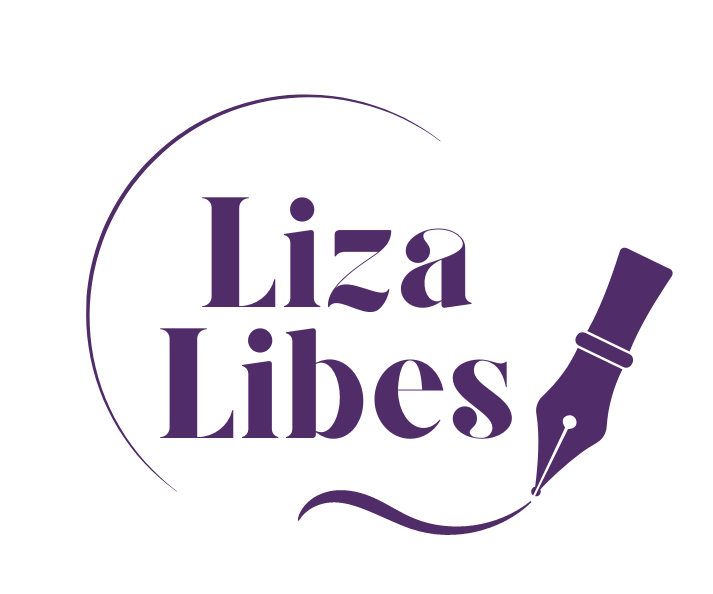What does Yeats have to say about desire, love and lust? Let’s find out today in his famous poem Lullaby.
Read MoreThe Adventures of Augie March is about a young man who grows up in Depression-era Chicago. He’s born into a poor family with a single mother and a brother—George—who’s on the spectrum.
Read MoreWelcome back to the Pens and Poison The Waste Land analysis series! Today, we’ll be looking at “Death by Water,” the fourth part of this monumental 20th century poem about the futility of human intimacy.
Read MoreWelcome back to the Pens and Poison The Waste Land analysis series! Today, we’ll be looking at “The Fire Sermon,” the third part of this monumental 20th century poem about the futility of human intimacy.
Read MoreYou’ve written poetry. You’re ready to become a published author! But how do we get there? Navigating the literary magazine world can certainly be daunting, but here are some helpful tips and tricks for you to become a published poet!
Read MoreWhether you’re a newcomer or a long-time follower, you’ve been reading Pens and Poison, where you’ve learned everything from complex literary analysis to my educational hot takes. But who am I? Here’s your chance to learn all about Liza Libes, the poetic soul behind your favorite Pens and Poison posts!
Read MoreWelcome back to Liza’s Book Club! For the month of August, we read Theodore Dreiser’s Sister Carrie together. Let’s dive in!
Read MoreWelcome back to the Pens and Poison The Waste Land analysis series! Today, we’ll be looking at “A Game of Chess,” the second part of this monumental 20th century poem about the futility of human intimacy.
Read MoreEvery Sunday afternoon in the 3rd grade, sometime after lunch, my mom would drop me off at the old playground tire-swing, waiting by the sandbox with my little brother white I traveled to fairyland. That tire swing, bearing the weight of my two best friends and my imagination, transported us into another world—the fantasy world I had cooked up at eight years old that was the backdrop to the many whimsical stories I would tell my friends.
Read MoreWelcome back to the Pens and Poison The Waste Land analysis series! Today, we’ll be looking at Part 1 of this monumental 20th century poem about the futility of human intimacy. If you missed my intro to The Waste Land, you can read it here.
Read MoreT.S. Eliot’s The Waste Land is perhaps one of my favorite poems of all time. Certainly, it’s the most abstruse poem out of my array of favorites—it’s also the poem I analyzed extensively for my MA thesis several years ago.
Read MoreWhat are my top 10 books of all time and why? It’s a difficult question, albeit one I get asked quite often. To please both my interrogators and my indecisive, literary soul, I’ve made a compromise and added an eleventh book to my list (I really couldn't choose just 10).
Read MoreWhat is an ekphrastic poem? One famous example is the “Musée des Beaux Arts,” a poem by the British modernist poet W.H. Auden that was inspired by his visit to the fine arts museum in Brussels.
Read MoreIn 2015, I realized that I couldn't call myself a writer without some semblance of an online presence. I had been dreading going public with my work for the entirety of high school: my poems and novels were so deeply personal that I shied away from sharing them with even the closest people in my life. At a certain point, however, I had to come to terms with the world that we live in and realize that if I ever wanted to make any sort of a name for myself, I would need to succumb to fostering an online presence—a personal brand.
Read MoreLaszlo Krasznahorkai, born on January 5th, 1954, in Gyula, Hungary, is a contemporary Hungarian novelist and screenwriter known for his complex, meandering prose and his fascination with apocalyptic themes. In this week’s Literary Spotlight, we briefly examine his life and glimpse his hypnotic, one-of-a-kind literary world.
Read MoreDarkness at Noon is a book about the political dissident Nikolai Salmanovich Rubashov, a high-ranking member of the Party who finds himself imprisoned and accused of treason. We’re never told what party he’s a member of, or even what country the book is set in, but given the author’s own life and the parallels to the Stalinist purges of the 1930s, we can assume that the book is, if not set in, then at least heavily influenced by the Soviet Union and its intense political repression.
Read MoreI’ve talked about several books that we might consider “postmodern.” White Noise by Don DeLillo or The Crying of Lot 49 by Thomas Pynchon, for instance. But what is postmodernism?
Read MoreWhen I was graduating high school, my favorite English teacher had one piece of advice: “Don’t major in English.”
Read MoreWhat can we learn from the Ancient Greeks about good writing? As it turns out, most things.
Read MoreJames Joyce, an iconic figure in 20th-century literature, revolutionized the way we understand narrative and language. His works, complex and formidable, have challenged the minds of generations of readers and scholars. In this week’s Literary Spotlight, we review Joyce’s life, his distinctive literary style, and a handful of his most significant works.
Read More



















